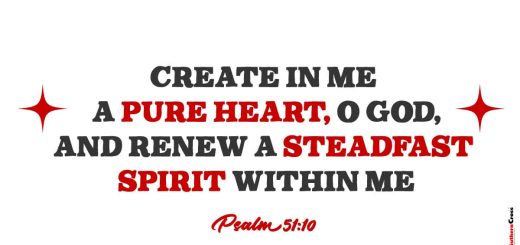What we can learn from Book of Ruth
The story of Ruth is one of those beautiful, popular stories in the Bible, familiar even to children. However, this rich story is impoverished when we enjoy its beauty without allowing its message to inspire us in the way we relate to others, especially those who are different from us.

“Israel progressively matured and purified her faith. This is true for any society. Transformation lies in the courageous people who pose questions, shaking society from the slumber of the status quo. “
Immigration and living among people who are different from us is an inevitable experience of globalisation. While this fusion of backgrounds can be a source for mutual enrichment and the consolidation of human fraternity, for many the experience is a source of pain and humiliation.
Perhaps reading the beautiful story of Ruth again may give rise to new and better attitudes.
The people of Israel, especially after their return from exile, struggled to resettle and reconstruct their lives on their own land. Conscious of their relationship with God as chosen people, the Isrsaelites� organisation was inspired by certain convictions, some of which they held quite rigidly. That impacted negatively on their relations with people outside their race.
Happily, such rigidity was counterbalanced by rebels who were progressive and more accommodating in their views. They saw the possibility of Israel opening up to others while remaining faithful to their Israelite identity.
The author of the story of Job is one such rebel. Not only does he question the belief in retribution � that the good are blessed as a reward and suffering is punishment for sins � he even lauds a pagan, Job, as a remarkably just man.
In the attempt to keep the race pure, Israel at certain times tightened laws regarding marrying foreign women, but doesn�t Ruth, another pagan, overturn the tables?
The story of Jonah also criticises Israel�s view of pagans as sinners who are beyond redemption. The depiction of sinful Nineveh converting and being spared from destruction is an insult which the Israelites, in the name of Jonah, just cannot stomach.
Israel progressively matured and purified her faith. This is true for any society. Transformation lies in the courageous people who pose questions, shaking society from the slumber of the status quo.
Similarly, the stringent immigration laws we witness today feed on certain prejudices. However, not even the severest of laws will stop migration. The best option is to facilitate legal migration.
What we have today is an immigration boom of the �little people�, so let us have policies that provide for such little people.
We should begin by tackling first our own attitudes towards immigrants as well as the fears we have in encountering those who are different.
One prejudice links immigrants with crime. This may derive from some statistics or personal experience. But why is there crime among immigrants? Do they take all the trouble to emigrate to another country just to become criminals?
Perhaps some do. However, my contact with immigrants has given me a different perspective. During my pastoral experience in Gao, Mali, one of the main routes of migration, I was in contact with immigrants. Who are they?
Most of them are qualified professionals, mainly as teachers or nurses in their countries of origin, who leave in search of better life. Imagine the sacrifice involved in taking such a risk: they use their life savings for transport, they travel under severe conditions, they leave their families and the modest dignity they enjoyed as teachers or nurses.
They are ready to start from zero, in humbler jobs like gardeners, domestic servants, cleaners, even as car guards in your local parking lot�but usually with the determination to study in order to have their profession recognised.
Often it is when such determined young people are denied the possibility to realise their dream that they resort to clandestine activities, including crime. This is not to endorse crime but simply an attempt to understand what is behind what we experience.
Anywhere in the world crime is most prevalent among those who are disadvantaged, poor and discriminated against. Often these three conditions affect migrants.
Here is a testimony that gives us another image of those immigrants. When a confrere of mine is on leave in Europe, he often hitches a free ride simply by stopping a passing car. In all cases, it is the immigrants from Africa who stopped to give him a lift.
He remarked: �When they expel immigrants, I do not know who will give me a lift.�
Are there not many beautiful stories of modern Ruths which, alas, are veiled in prejudice?
- Are Saints Models to Emulate or Little Gods? - February 14, 2022
- Towards an African Pentecost! - June 4, 2017
- A Greek Orthodox Giant of Unity - August 3, 2015




